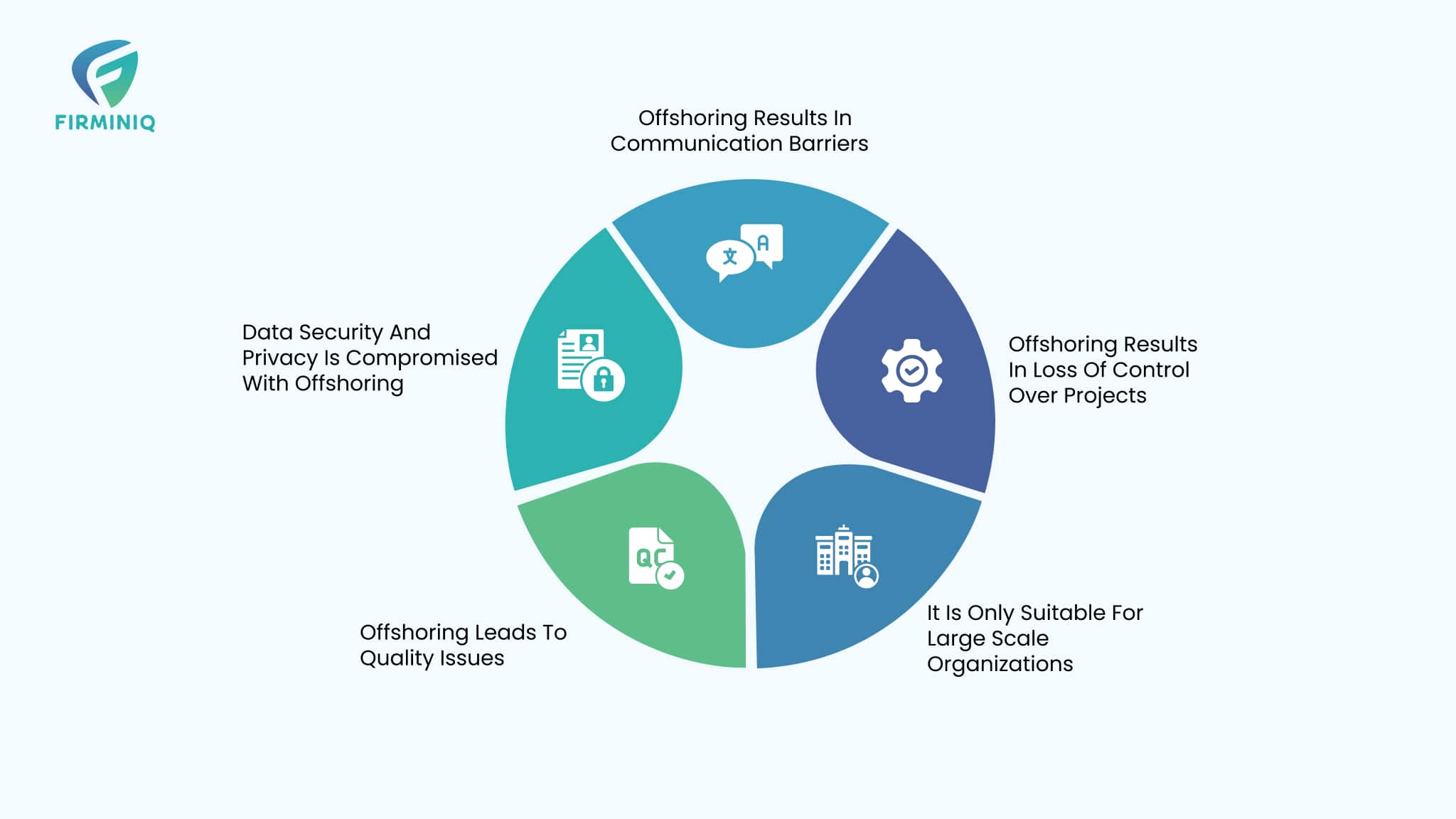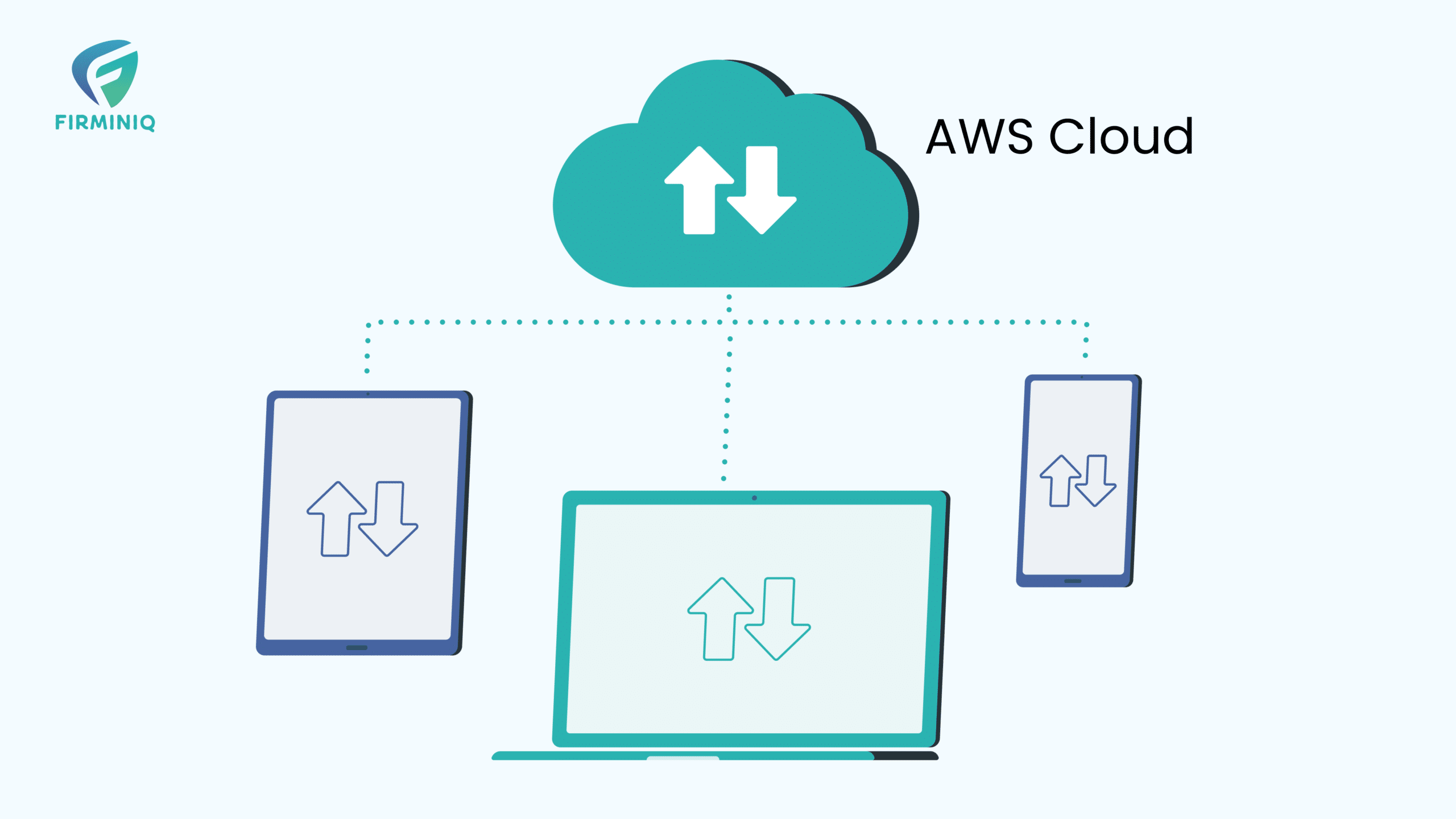Introduction
The offshore development industry has shown rapid growth in recent years propelled by the advancement in technology and globalization. Connected healthcare businesses are effectively investing in offshore development by leveraging the global talent pool, focusing on core competencies, reducing costs, and accelerating development cycles utilizing advanced communication tools.
Strategically partnering with offshore development teams allows healthcare businesses to drive innovation and improve patient outcomes while achieving sustainable growth in the competitive healthcare industry.
However, amidst the promise of improved efficiency and collaboration, there are numerous misconceptions that cloud the perception of the practice in healthcare. In this blog, we embark on a journey to dispel these misconceptions surrounding offshore development in connected healthcare.
Our exploration entails digging into reality, debunking the myths, grasping the tangible advantages, and resolving the doubts that obscure the offshore development landscape. This understanding empowers healthcare professionals, entrepreneurs, and stakeholders to reach well-informed conclusions.
Debunking Myths About Strategic Offshoring in Healthcare
In this comprehensive exploration, we embark on a mission to debunk five prevailing myths surrounding strategic offshoring in connected healthcare:
1. Data Security and Privacy is Compromised with Offshoring
It is one of the prevailing myths that surrounds offshoring in connected healthcare. It is believed that offshoring jeopardizes data security and patient privacy. The misconception often limits healthcare organizations to choosing software development offshoring.
Clarification
Contrary to this myth, most of the offshore development teams prioritize data security and privacy with stringent regulations. The reputable offshore partners adhere to stringent and global data protection regulations like HIPAA (Health Insurance Portability and Accountability), GDPR (General Data Protection Regulation) and other industry-specific standards. With advanced encryption and communication channels, more healthcare organizations can prevent threats. Offshoring ensures regular security audits, compliance checks, and other certifications needed to ensure patient information remains confidential and protected.
Therefore, it becomes vital to partner with reputed offshore service providers. It allows healthcare organizations to fortify their security practices and achieve a level of protection. Healthcare organizations must ensure to conduct due diligence while selecting their offshore partner.
2. Offshoring Leads to Quality Issues
There is a myth that offshoring may lead to quality issues in app development services, and it is quite a common concern of healthcare organizations.
Clarification
The myth related to quality issues is a concern for healthcare organizations. But the reality is that the quality of services relies on numerous factors and when offshore provider manages it properly, it results in higher quality services.
Factors such as clear communication, defined processes, quality control measures and collaboration between onshore and offshore teams play a vital role in ensuring the quality of services. Additionally, choosing the right offshoring partner with a proven record of accomplishment of skilled workforce, and adherence to industry standards can contribute to delivering high quality services.
3. It is Only Suitable for Large Scale Organizations
Offshoring healthcare software development is a strategy limited to large-scale organizations with significant resources. Small and medium-sized businesses often believe that offshoring is beyond their reach due to complexity and cost related issues.
Clarification
Offshoring is not limited to large-scale organizations only. Infact it is a strategy that can be tailored to suit businesses of varied sizes, no matter if it is small or medium-sized enterprises. Although large scale organizations have extensive resources, small-scale organizations can equally leverage the benefits when approached thoughtfully.
With offshoring SMEs can access specialized skills and resources that help them remain competitive, boost their efficiency, and access a global talent pool.
Advancements in technology and a rise in remote work have made it much easier for businesses of every size to collaborate with offshore partners and facilitate a seamless collaboration.
However, small and medium sized enterprises must consider thorough research to choose their offshore partner and establish clear communication channels for successful experience.
4. Offshoring Results in Loss of Control over Projects
Another prevalent myth that surrounds offshoring is that businesses may lose control over their projects when healthcare software development services are outsourced to offshore partners. The fear of not being able to oversee the work the offshore team is doing hinders the organizations to consider offshoring as a choice.
Clarification
Contrary to this myth, offshoring does not equate the statement. With advanced tools, communication channels and project management tools, teams can enable real-time monitoring, tracking and collaboration. The regular updates allow healthcare businesses to maintain visibility in every aspect of the project.
Establishing a clear communication channel and setting up regular check-ins is vital practice. Project managers can maintain a grip on the project’s progress while ensuring to align with the goals and standards. Offshore teams can work as extensions of the in-house team only and focus on a collaborative environment where ideas can flow seamlessly.
Also, businesses can ideally establish KPIs (key performance indicators), and milestones and track the progress of work to stay on track. By fostering a culture of transparency, offshoring can enhance control over projects rather than diminishing it.
5. Offshoring Results in Communication Barriers
Another myth associated with offshoring software development services is that geographical and cultural differences may lead to communication gaps and create chaos. It is also believed that working with teams of different countries may hamper communication due to time difference and negatively impacts workflow.
Clarification
While it is true that geographical and cultural differences exist, they do not inherently lead to communication barriers. Working across different time zones and cultures can pose challenges. However, many offshore development organizations have put effective communication strategies in place to overcome these hurdles. Successful offshoring initiatives prioritize clear and open communication channels.
Additionally, businesses can bridge cultural gaps through cultural sensitivity training and fostering a culture of inclusivity and understanding. Virtual meetings, video conferences, and collaboration platforms facilitate real-time communication, allowing teams to connect despite the physical distance.
Epilogue
As we conclude, it is evident that healthcare software development offshoring is not merely a business strategy; it is a strategic partnership that transcends geographical boundaries. It empowers healthcare organizations, regardless of their size, to navigate the complexities of the modern healthcare landscape with agility and resilience.
To all healthcare professionals, entrepreneurs, and stakeholders, we extend the invitation to embrace strategic offshoring as a catalyst for progress. Selecting reputable offshore partners, like FIRMINIQ, can foster clear communication and nurture a collaborative spirit making strategic offshoring a success.
Harness the full potential of our strategic offshoring in-software development and drive your healthcare initiatives to new heights.







